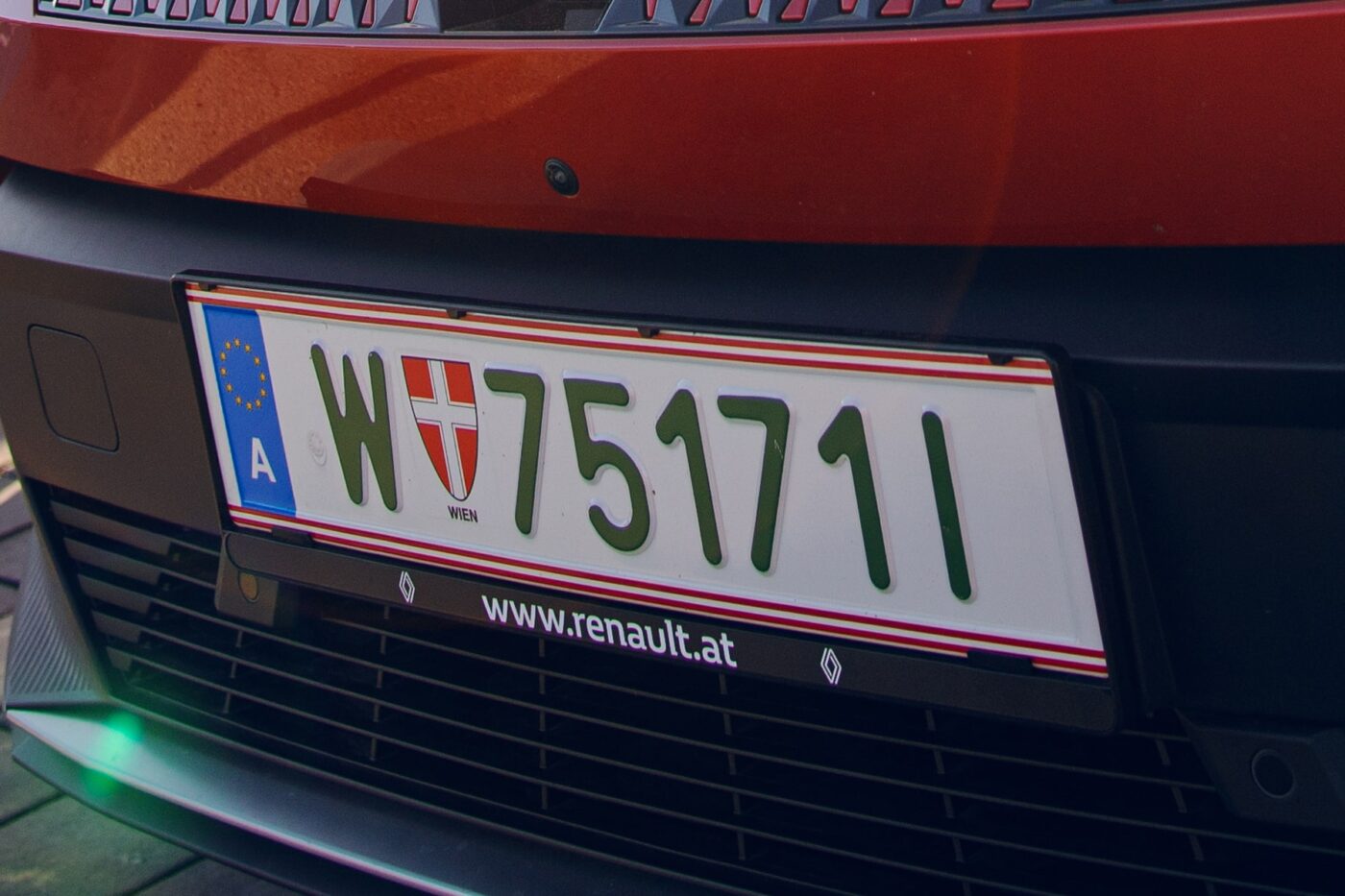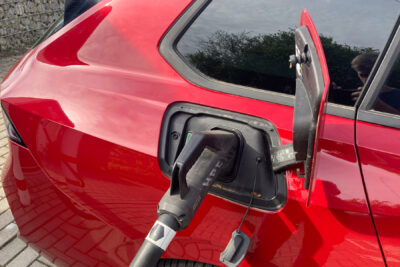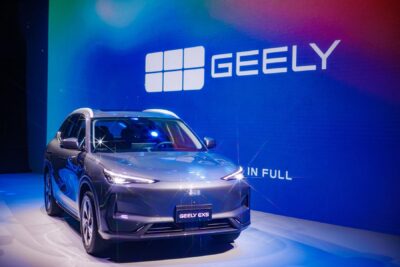EV sales in Austria rise by 42 per cent
That means purely electric cars were the third most popular powertrain among all new registrations in Austria during the first half of the year. As in Germany, petrol hybrids topped the list. Nevertheless, by the end of June, there were 45,634 new registrations (+40.9%) with a market share of 31.9 per cent.
However, Statistics Austria does not differentiate between full hybrids and plug-in hybrids. In second place were pure petrol cars with 40,550 new registrations and a 28.3 per cent market share, though this represented a sharp decline: petrol registrations fell by 12.6 per cent compared to last year.
The drop was even more pronounced for diesel cars: registrations fell by 33.8 per cent to 17,648 units, giving them a 12.3 per cent market share. “Other alternative powertrains” – almost certainly referring to fuel cell vehicles – saw just two new registrations in H1.
The picture was similar in June, with even greater losses for combustion engines: petrol hybrids recorded 9,203 new registrations, equivalent to a 33 per cent market share and a 22.7 per cent increase. Battery-electric cars rose by 32.9 per cent to 6,239 new registrations, achieving a market share of 22.4 per cent. This still placed them behind pure petrol cars with 7,474 new registrations and a 26.8 per cent market share, although petrol registrations in June were down by 32.2 per cent year-on-year. Diesel cars saw an even steeper decline of 40 per cent to 3,546 units.
Across all powertrains, a total of 143,051 new cars were registered in Austria in the first half of the year, representing a 5.9 per cent increase compared to the same period last year.
“Growth was mainly driven by battery-electric and petrol-hybrid passenger cars. Overall, alternatively powered cars already accounted for 59.3 per cent of all new passenger car registrations,” said Thomas Burg, Chief Statistical Director at Statistics Austria. “However, the increase in passenger cars could not offset the negative overall vehicle balance, with total new vehicle registrations down by 1.9 per cent.”
The fact that nearly 60 per cent of new registrations were electrified was also reflected in the CO2 emissions of newly registered cars – which, according to Statistics Austria, fell below 100 g/km for the first time. Preliminary data show an average of 97.0 g/km in H1, down from 108.3 g/km last year and 106.7 g/km in 2023. New petrol cars averaged 135.9 g/km, while diesel cars reached 152.9 g/km – both slightly higher than in H1 2024. For petrol hybrids, average CO2 emissions in WLTP testing fell from 105.2 g/km to 99.5 g/km.
In the EV model ranking for the first half of the year, the Tesla Model Y took first place with 2,460 new registrations, followed by the Skoda Elroq (1,339) and BMW iX1 (1,318). The brand with the highest number of BEV registrations overall was BMW (3,866), ahead of VW (3,570) and Tesla (3,399).
statistik.at (PDF; in German), statistik.at





0 Comments